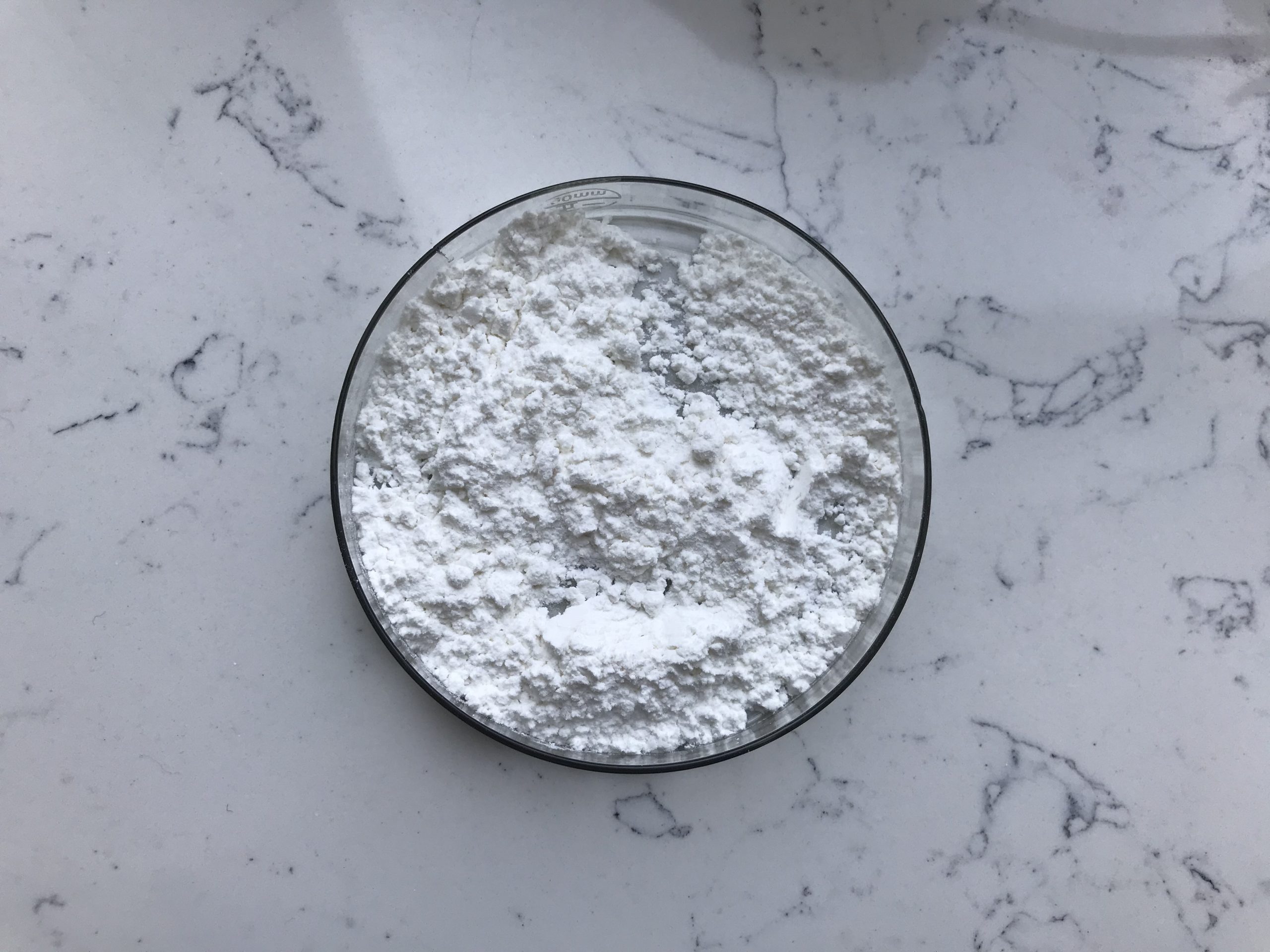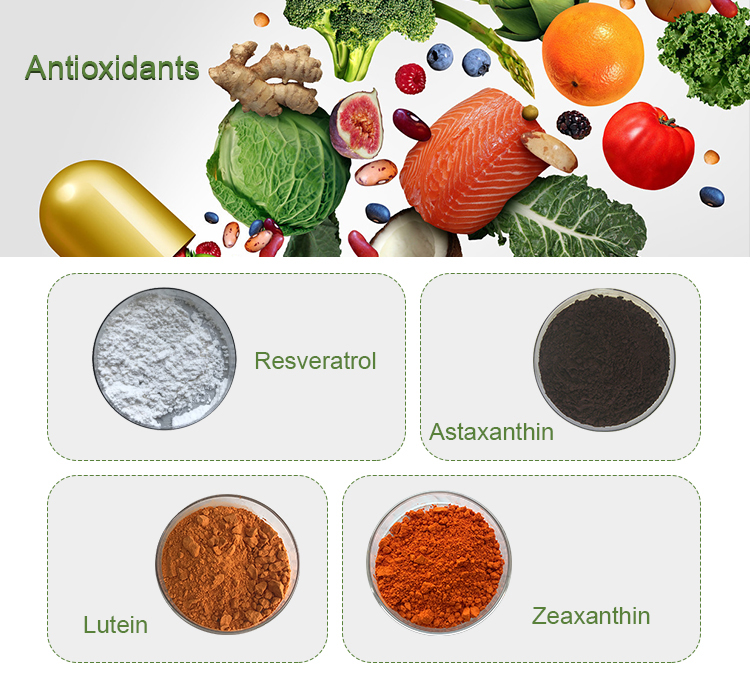A comprehensive study of resveratrol encompasses its sources, biological activities, potential health benefits, mechanisms of action, dosage, safety considerations, and current research trends. Resveratrol is a natural polyphenol found in certain plants, particularly in grapes, red wine, and some berries. It has received significant attention due to its potential health-promoting properties. Here is an overview of various aspects of resveratrol:
1.Sources:
Resveratrol is found in various plant sources, with the highest concentrations in:
Grapes and grape products (e.g., red wine)
Blueberries
Cranberries
Peanuts
Japanese knotweed

2.Biological Activities:
Resveratrol exhibits a wide range of biological activities, including:
Antioxidant properties
Anti-inflammatory effects
Cardiovascular benefits
Anti-cancer potential
Neuroprotective effects
Anti-aging properties
3.Potential Health Benefits:
Studies and research suggest that resveratrol may be associated with several health benefits, such as:
Cardiovascular health: Improving blood flow, reducing LDL cholesterol, and supporting healthy blood pressure.
Anticancer properties: Inhibiting cancer cell growth and promoting apoptosis.
Anti-inflammatory effects: Reducing inflammation and oxidative stress.
Neuroprotection: Protecting against neurodegenerative diseases.
Anti-aging: Activating sirtuins, proteins associated with longevity.
4.Mechanisms of Action:
Resveratrol’s mechanisms of action involve activating various cellular pathways, including the SIRT1 pathway (associated with longevity), AMPK pathway (regulating cellular energy), and NF-κB pathway (involved in inflammation). Resveratrol’s antioxidant properties also play a role in its health benefits.
5.Dosage:
The optimal dosage of resveratrol for health benefits is still a subject of research. Dosages typically range from 100 to 500 mg per day in supplement form. However, it’s essential to consult with a healthcare professional before starting any supplementation regimen.
6.Safety Considerations:
Resveratrol is generally considered safe when taken at recommended dosages. However, high doses may lead to side effects such as gastrointestinal issues. It may also interact with certain medications, so individuals taking prescription drugs should consult with their healthcare provider.
7.Research Trends:
Ongoing research explores the potential applications of resveratrol in various health conditions, including diabetes, obesity, and age-related diseases. Additionally, scientists are investigating novel delivery systems to enhance its bioavailability.
8.Controversies:
There is ongoing debate about the extent to which resveratrol can provide health benefits when consumed through dietary sources (like red wine) compared to supplementation. Research continues to clarify this issue.

9.Regulatory Status:
In some regions, resveratrol is available over the counter as a dietary supplement. However, regulatory approval and guidelines can vary from place to place.
In conclusion, resveratrol is a fascinating compound with potential health benefits, but the research is ongoing. As with any dietary supplement or lifestyle change, it’s advisable to consult with a healthcare professional before incorporating resveratrol into your daily routine, especially for those with specific health concerns or those taking medications.
